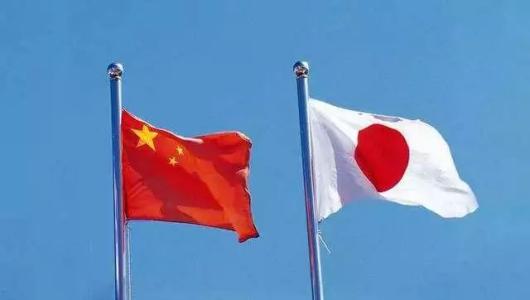Abe should know cooperation means more than having a sweet tongue


Making a U-turn, Japan is showing interest in working with China on infrastructure projects in Southeast Asia and Africa, where Tokyo has tried hard to compete with Beijing.
Japan is reportedly mulling asking China to join one of its infrastructure development projects in Africa. It has pledged more than 35 billion yen ($315 million) in loans and grants to build several roads connecting several African countries, including Cote d'Ivoire, Burkina Faso and Nigeria.
Relations between Beijing and Tokyo have been improving following Premier Li Keqiang's visit to Japan in May. Besides several agreements on a series of projects, Li and Japanese Prime Minister Shinzo Abe also agreed to lift bilateral pragmatic cooperation to a higher level. In fact, the two sides will launch a public-private sector council, which is expected to deliberate the projects for cooperation on development projects in other countries within the framework of the China-proposed Belt and Road Initiative.
Thailand could be the first country where China and Japan cooperate on a project. At a business conference in Bangkok on May 31, officials from China, Japan and Thailand said they intended to jointly work on the Eastern Economic Corridor in Thailand.
China and Thailand are already working to connect the EEC with the Belt and Road Initiative. The EEC, a special economic zone along Thailand's eastern seaboard, will connect Southwest China in the north to Malaysia, Singapore, Indonesia and other countries in the south. And in doing so, the EEC is likely to play a vital role in boosting regional economic growth.
Ning Jizhe, vice-chairman of the National Development and Reform Commission, China's top planning body, said China-Japan cooperation in the EEC would be "an important demonstrative cooperation". Japanese Ambassador to Thailand, Shiro Sadoshima, added that the EEC is a "typical candidate venue" for Sino-Japanese cooperation.
More than 1,000 Japanese companies have already invested in Thailand's eastern seaboard, which is one of the largest industrial zones in Southeast Asia. And Thailand's Industrial Minister Uttama Savanaya said human resource development could be another area in which China and Japan could jointly help Thailand, where a lack of skilled workers is becoming a serious problem.
Initially, Japan refused to join the China-led Asian Infrastructure Investment Bank or be part of the Belt and Road Initiative. But last year, the Abe administration's attitude began veering toward cooperation with China; it even sent the ruling parties' secretaries general to China. On Dec 15, the Japanese government told the country's private companies that it will actively push for cooperation between Japanese and Chinese businesses in other countries.
Business cooperation apart, the two neighbors have also begun to address some of the thorny bilateral issues. They established a communication mechanism between their militaries in June, a move aimed at averting accidental clashes in the air and at sea.
But these moves do not necessarily mean China-Japan relations are headed toward a bright future, because Tokyo's foreign policy is still heavily influenced by the United States. And the Donald Trump administration is trying to push through its Indo-Pacific strategy, an obvious countermeasure to China's Belt and Road Initiative.
At the Indo-Pacific Business Forum on July 30, US Secretary of State Mike Pompeo unveiled his country's initiatives for Indo-Pacific engagement, saying it stretches from "the United States west coast to the west coast of India", and announced $113 million in engagement initiatives.
A similar Indo-Pacific strategy is also one of the key elements of the Abe administration's foreign policy. On Tuesday, Australian Foreign Minister Julie Bishop said Australia's Department of Foreign Affairs and Trade, the US' Overseas Private Investment Corporation and the Japanese Bank for International Cooperation were developing a cooperation framework for joint investment in infrastructure projects in the Indo-Pacific.
The Indo-Pacific is becoming a region for competition. It is strategically important for many countries. And the vast region needs investments for growth. But cooperation, not vicious competition with ulterior motives, would be of help.
The author is China Daily Tokyo bureau chief. caihong@chinadaily.com.cn


































